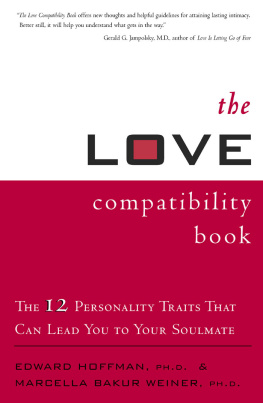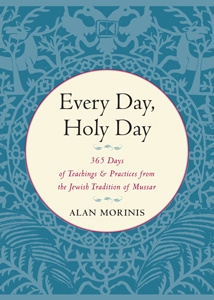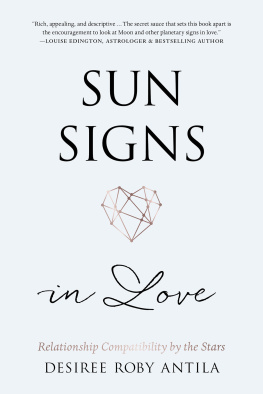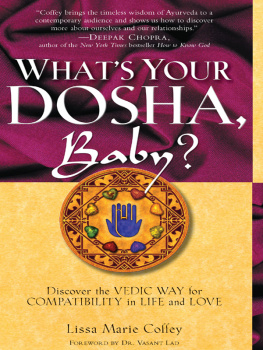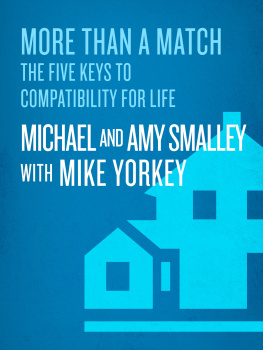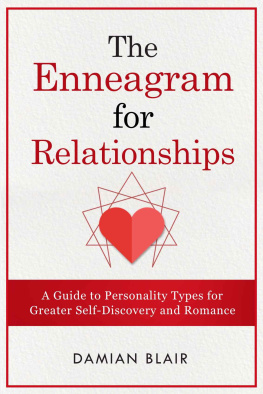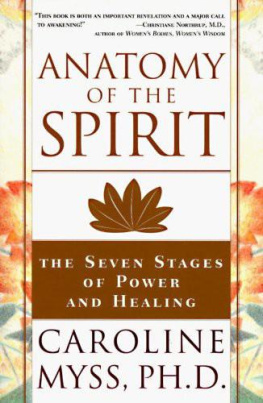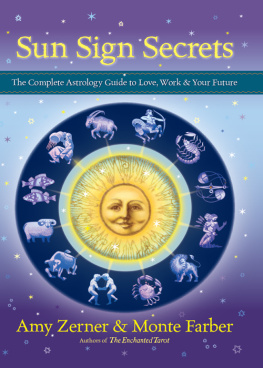the
LOVE
compatibility
book
RELATED BOOKS BY EDWARD HOFFMAN
Ace the Corporate Personality Test
Future Visions: The Unpublished Papers of Abraham Maslow
Psychological Testing at Work
The Book of Birthday Wishes
The Book of FathersWisdom: Paternal Advice from Moses to Bob Dylan
The Book of Graduation Wisdom
The Drive for Self:
Alfred Adler and the Founding of Individual Psychology
The Right to Be Human: A Biography of Abraham Maslow
Visions of Innocence: Spiritual and Mystical Experiences of Childhood
RELATED BOOKS BY MARCELLA BAKUR WEINER
A Womans Voice:
Divine Wisdom Transformed into Action for Todays Women
(with Blema Feinstein)
Repairing Your Marriage after His Affair
(with Armand DiMele)
The Sacred Portable Now
(with Daniel Singer)
The Theory and Practice of Self-Psychology
(with Marjorie Taggart White)
The Starr-Weiner Report on Sex and Sexuality in the Mature Years
(with Bernard Starr)
the
LOVE
compatibility
book
THE PERSONALITY TRAITS THAT
CAN LEAD YOU TO YOUR SOULMATE
EDWARD HOFFMAN, PH.D. &
MARCELLA BAKUR WEINER, PH.D.


Copyright 2003 by Edward Hoffman and Marcella Bakur Weiner
All rights reserved. This book may not be reproduced in whole or in part, or transmitted in any form, without written permission from the publisher, except by a reviewer who may quote brief passages in a review; nor may any part of this book be reproduced, stored in a retrieval system, or transmitted in any form or by any means electronic, mechanical, photocopying, recording, or other, without written permission from the publisher.
Text design and typography by Tona Pearce Myers
Cover design by Mary Beth Salmon
The purpose of this book is solely to help readers understand relationships today from the perspective of personality assessment. The sample test items and scoring interpretations provided are not intended in any way to provide actual diagnostic, clinical, or therapeutic guidance for anyone who may read this book. Those who are experiencing emotional difficulties, whether from a relationship or otherwise, are advised to see a licensed mental health professional immediately for accurate diagnosis and intervention.
Library of Congress Cataloging-in-Publication Data
Weiner, Marcella Bakur
The love compatibility book / by Marcella Bakur Weiner and Edward Hoffman.
p. cm.
Includes index.
ISBN 1-57731-226-0 (pbk. : alk. paper)
1. Love. 2. Intimacy (Psychology) 3. Mate selection. I. Hoffman, Edward II.
Title.
HQ801 .W6349 2003
First Printing, January 2003
ISBN 1-57731-226-0
Printed in Canada on acid-free, partially recycled paper
Distributed to the trade by Publishers Group West
10 9 8 7 6 5 4 3 2 1
To Elaine,
who has taught me that love is bigger than I thought
Dr. Edward Hoffman
To my husband, Wilhelm,
who is love compatibility in action: my eternal gratitude
Dr. Marcella Bakur Weiner
Anything, everything, little or big becomes an adventure
when the right person shares it.
Nothing, nothing, nothing is worthwhile
when we have to do it alone.
Kathleen Norris, Hands Full of Living
CONTENTS
I n conceptualizing and writing this book with Marcella Bakur Weiner, I wish to thank editorial director Georgia Hughes at New World Library for her initial and sustained enthusiasm throughout the project. Katie Farnam Conolly and Mimi Kusch ably guided the manuscript through production. Over the years, Ive enjoyed many stimulating discussions with Fannie Cheng, Dr. Steven Joseph, Dr. Ted Mann, Dr. Sam Menahem, Paul Palnik, Dr. Russ Reeves, and K. Dean Stanton on psychological topics central to this book. These dialogues have been a continuing source of inspiration to me. My international colleagues Dr. Xu Jinsheng in China and Drs. Naoki Nomura, Shoji Muramoto, and Yoshikazu Ueda in Japan have enhanced my appreciation for cross-cultural issues in social science. As research assistants, Juliana Bouval, Harvey Gitlin, and Linda Joyce have been eager and efficient. On the home front, I wish to thank my family for its sustained support in my clinical work and writing.
Edward Hoffman
My deep appreciation to editorial director Georgia Hughes and her responsive staff for their support and generosity of time above and beyond the call of duty. Katie Farnam Conolly and Mimi Kusch gave tirelessly of their time and talents. My deep appreciation to them. To my colleagues and research teammates, Drs. Robert Plutchik and Hope Conte, I am deeply indebted. Dr. Jeanne Teresi, a statistical whiz, and her staff, in particular Joseph Eimicka, have my heartfelt gratitude. Thanks to Joyce Finks for her generosity with her computer skills. To Gloria Stevens, who meticulously distributed and collected our surveys, thanks for a superb job. And to my colleagues at Marymount Manhattan College, Drs. Richard Tietze, Cheryl Paradis, and Linda Solomon, your efforts are appreciated. To friends Colette and Rosemarie Antonelli, who dispersed Q forms during a party, many thanks. And to colleague and longtime friend Dr. Aaron Lieberman, who took time from his university classes to assist our collecting of data, we are beholden. To my family, who are consistently there for me, I extend my deep-felt love.
Marcella Bakur Weiner
T his book has been a long time germinating: For the past seven years, weve been steadily developing a new theoretical model and a powerful set of tools for enhancing love relationships. It emerged from our intense dissatisfaction as licensed psychologists with the standard approach to couples counseling. Although we had dutifully studied and practiced it since earning our respective doctorates, it had proven virtually useless in the real world. From our combined experience, almost nobody seemed to be benefiting: neither in our busy New York City offices nor in the wider domain of intimacy study and treatment. There had to be a better way.
Reflecting our training in survey research and personality testing, we were sure that a more effective approach to intimacy could be forged empirically. And, at the outset, we wanted it to be humanistic and spiritually oriented rather than reductionist and mechanistic. Indeed, a key motivator for creating our new model lay in our disappointment with the one-size-fits-all conception of love relationships. Since both of us are involved parents and family members not just clinicians we could clearly see that different kinds of people generate different types of intimacy, each with its particular strengths, weaknesses, and dynamics.
For example, couples consisting of two musicians, two teachers, or two accountants exhibited undeniably different patterns than those in which the romantic partners have widely disparate occupations. While having similar careers or similar interests such as enjoying loud parties or art galleries, caring for pets, skiing, wearing chic clothing, or indulging in exotic travels alone certainly didnt predict happiness among the couples we studied, personality compatibility increasingly presented the key to lasting harmony.

